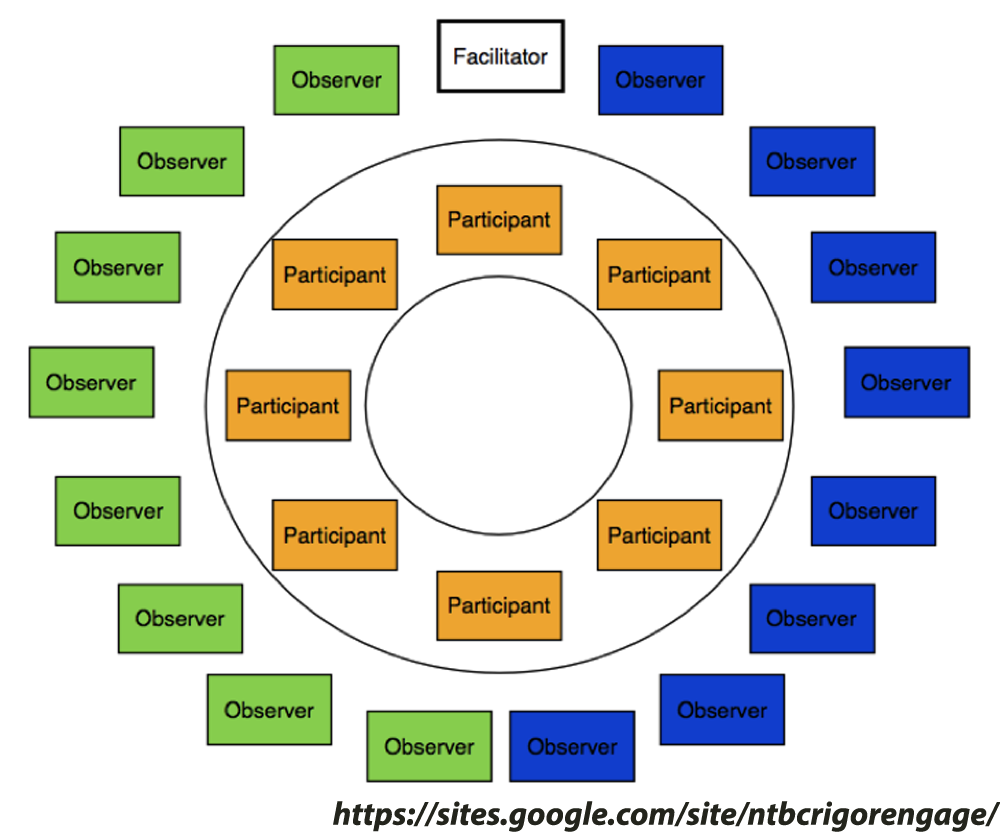Thanks all for attending. While I was unsure how the conversation would go given the sidestep from our typical material, I must say I was quite pleased with the result.
https://journals-sagepub-com.ezproxy.csu.edu.au/doi/full/10.1177/1477878516656563
A quick introduction to the premise of the article; indoctrination to most is the delivery of information and having it accepted uncritically by the learners. The author observes the extremes of indoctrination, exemplified in terror, force, coercion or psychological manipulation of those unprepared to handle the information and accepted it at face value without questioning. This is, it is claimed, how most people see indoctrination but it is actually well beyond basic indoctrination. Indoctrination has a tendency to target the beliefs of the learner rather than the knowledge they receive.
Particularly socially today, there are very polarised views on many issues. Monique brought up the topic of critical race theory, where a number of the participants voiced their disapproval of the idea, justifying their position with the thought that it creates groups where no groups need to exist, however particularly in the USA it appears to be more commonplace and there are many that are against the forced delivery of this theory with no contrary perspectives provided. Information such as evolution is delivered in schools as an idea that represents the best description we have for the observed process, exemplifying the targeting of the knowledge base of the students. Contrary to this, ideas such as CRT, Neo Marxism and similar ideas tend to focus more on the individuals belief system, not to mention vilification in the event someone disagrees with the concepts. Of all things that are currently seen as spectrums, it does appear that socio-political views are not, which is by definition indoctrinal through force or social pressure.
Monique posed a hypothetical to the group that she had encountered previously involving the moral value of a youtuber dropping money in front of a homeless person and filming their behaviour after the event. Do they return the money or keep it? Perspectives on the morality of this action were varied as the youtuber would likely profit from the recording, as well as dehumanise the homeless person by treating them as a commodity, particularly should they opt to keep the money dropped. Some saw the act as positive as the homeless person received what they likely needed badly. Others saw it as reprehensible for the usage of the homeless person for personal gain. This is an example of varied views where no perspective is objectively superior, and I made a comment that summarised my mindset on the matter: if you think you know definitively which perspective is correct, you likely haven’t thought about it enough.
We discussed another example of morality in generations past with the application of moral values onto other racial groups. The example provided involved the intent to prove negative racial stereotypes (namely an inherently cheating nature) by asking an individual to hit a target with a bow. Acknowledging they weren’t the best archer within their community, they opted to enlist the aid of the individual that could make this claim instead. While the conductors of this test saw this as validation of their claim, all that was really happening was that the individual was simply accessing the best tools available in order to complete the objective they were given. While not racially driven, the same mindset can still apply a certain objectivity to addressing tasks when that same may not be the first approach that comes to mind for everyone. One of us provided the example of a student with low confidence in the acquisition of academic articles enlisting a friend to locate those articles in their stead. To many this would be treading very closely to the realm of questionable academic integrity, but to the student, this was nothing more than using the resources available to them in order to complete the task. After all, supposedly the writing and synthesis was done independently.
Ultimately, the food for thought for this discussion when applied to the higher education setting is mindfulness when delivering information, particularly when certain ideas are clearly contentious. Is the way we do things objectively more correct than another way?
